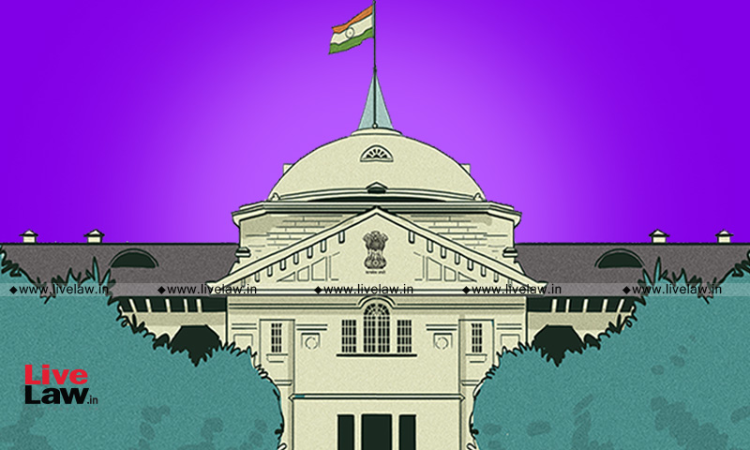Armed Forces Tribunal Act Cannot Curtail High Court's Power Of Judicial Review U/A 226: Allahabad High Court
Shivang
8 March 2022 8:00 PM IST

Next Story
8 March 2022 8:00 PM IST
The Allahabad High Court has made it clear that the Armed Forces Tribunal Act, 2007 cannot and does not oust the High Court's power of judicial review contained under Article 226 of the Constitution. "The jurisdiction under Article 226 of the Constitution of India is extraordinary and discretionary in nature. It is also to be noted that the powers to be exercised by the High Court...
